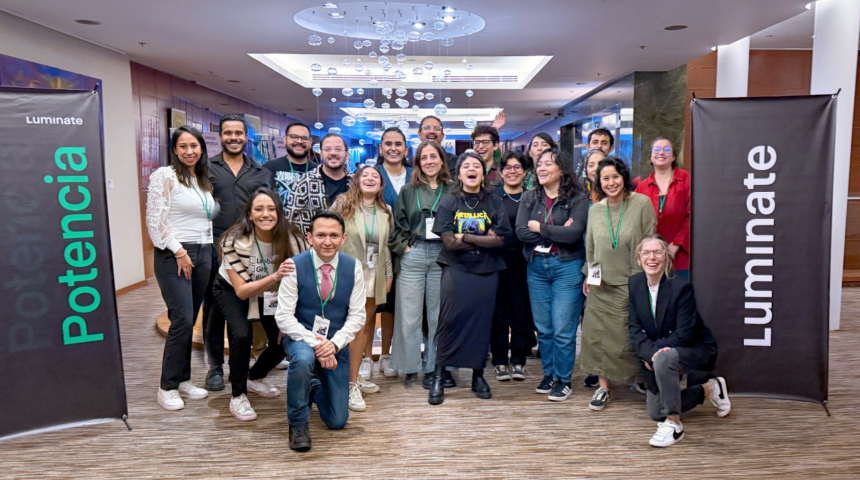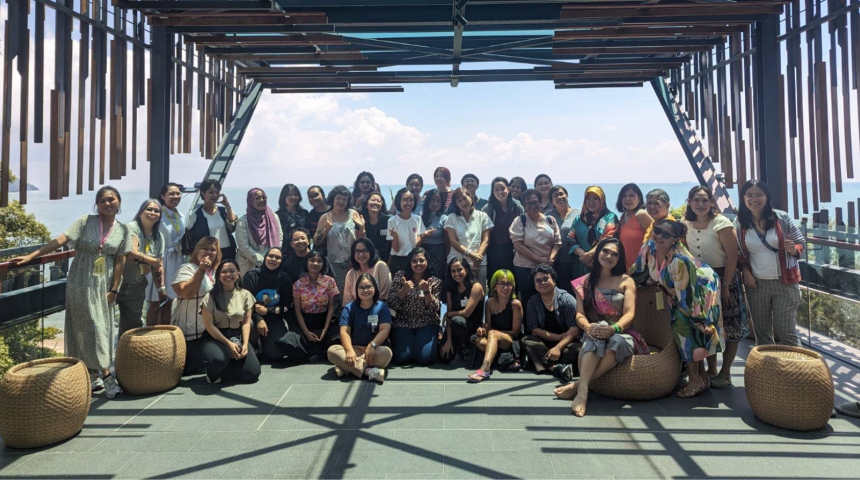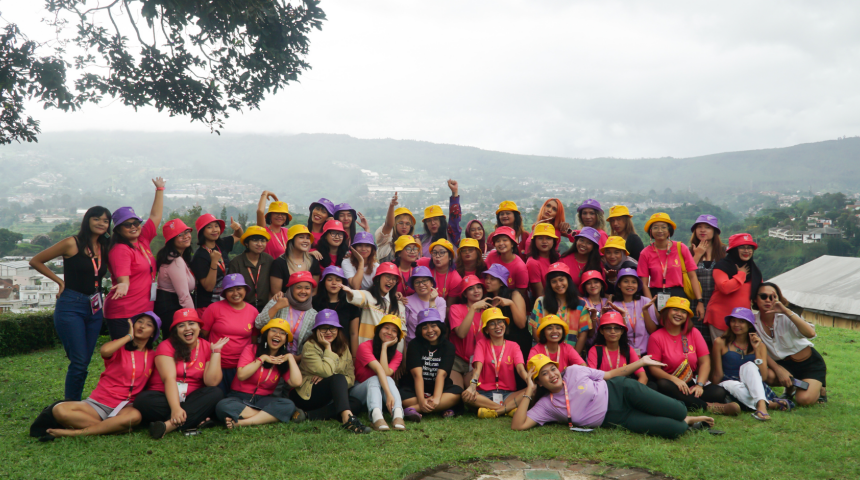Two years ago we began speaking to the team now constituted as AWO about what it would take to launch a data-focused law firm and consultancy that would have the protection of people’s rights as its core mission. These conversations took place in the aftermath of The Guardian’s revelations about the Cambridge Analytica data breaches, which generated more widespread public clamour for the parameters of the law to be defined and enforced in ways that prevented such data abuses happening again, and that would see those responsible held to account. Since then Luminate has supported the design and set up of this organisation, by funding a consultant to lead the development of the business model and then by providing a grant to help them establish themselves. AWO has now been in operation behind the scenes for six months, establishing itself and building a client base. We are excited that today they are officially launching, and you can read more about the organisation and team here.
The Cambridge Analytica scandal was little surprise to people who had been concerned for a number of years about how democracy, social justice, and human rights were coming under threat because of the increasingly pervasive nature of digital technologies. What was less understood though was how vigorously some of the bigger technology companies were prepared to defend what they were doing, and consequently leading to the creation of a complicated, ad hoc collection of laws defined through a combination of litigation, regulation, and new of codes of practice to the advantage of those with the deepest pockets. The launch of AWO seeks to address this, helping enforce data rights through individual claims, public law challenges to government policies, or claims for mass misuse of data. AWO will also be applying data rights via high quality compliance and advisory support while helping shape the wider landscape with original public policy work. The agency provides a platform for effective research on issues such as the impact of surveillance technology, online content regulation, artificial intelligence, and the effect of data in the electoral process, and ensures access to expertise through affordable consultancy advice is available to non-profits, democratic institutions, and social impact organisations.
Luminate has funded excellent organisations in this area in the past, often focused on research, policy development, advocacy, and strategic litigation. AWO is different to other litigation we fund because it offers a service directly to people who might feel they have a case, and provides them the opportunity to get legal expertise to explore how far the law could protect them rather than selecting cases for the strategic opportunity they offer for campaigns and changes to the law. We envisage numerous firms being able to start up with this model and we hope - and anticipate - that this could be financially sustainable and provide much needed data rights protections to far more people. Supporting a team that can combine this with a consultancy arm advising organisations on how to design and implement the highest data protection standards, seemed it could demonstrate that the parameters of the law could be designed and set in ways that ensured the protection of data rights. AWO’s consultancy work will also contribute to the creation - or raising - of standards across entire sectors, which is a particularly promising opportunity given the breadth and reach of the clients AWO will be working with. Our aspiration is that these cases will offer opportunities to shape law and practice in ways that widen the scope for strategic digital rights litigation and activism, complementing the work of numerous other organisations already active and emerging in this field.
Related content

Potencia: The power of beyond-the-grant support

Online Gender Based Violence: Bringing Partners Together in Southeast Asia

How Brazilians are defending their digital rights
